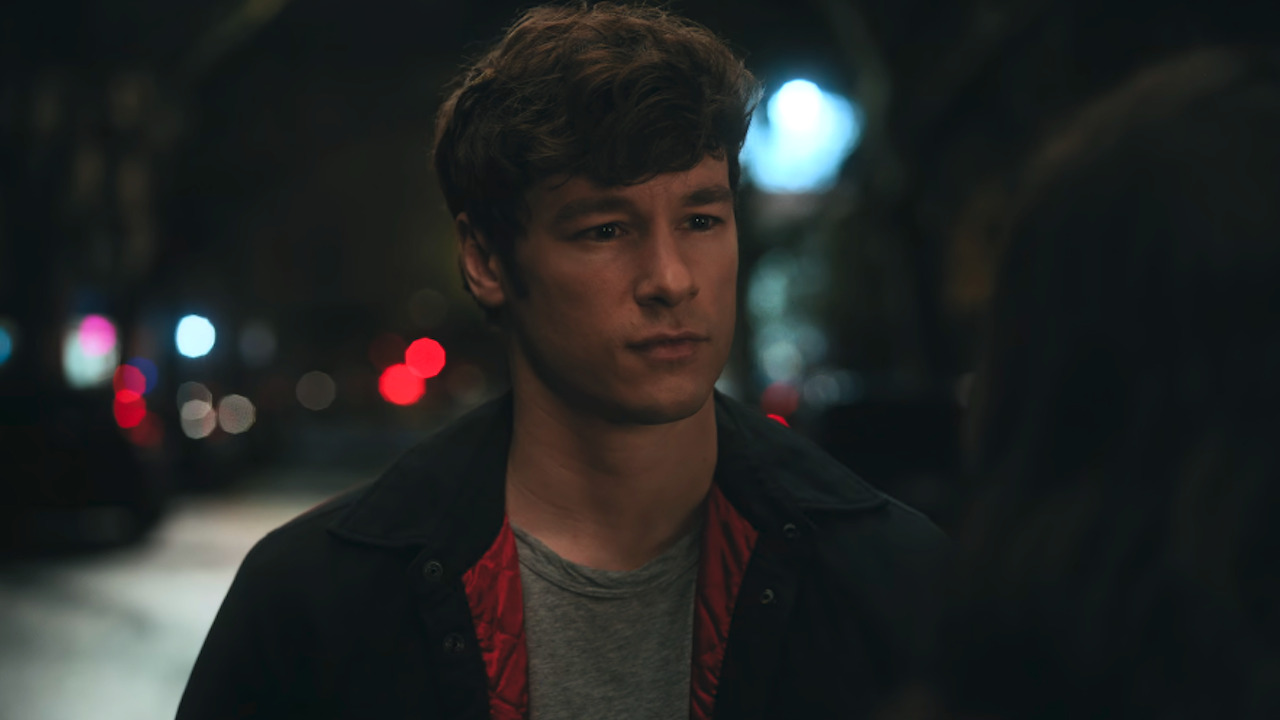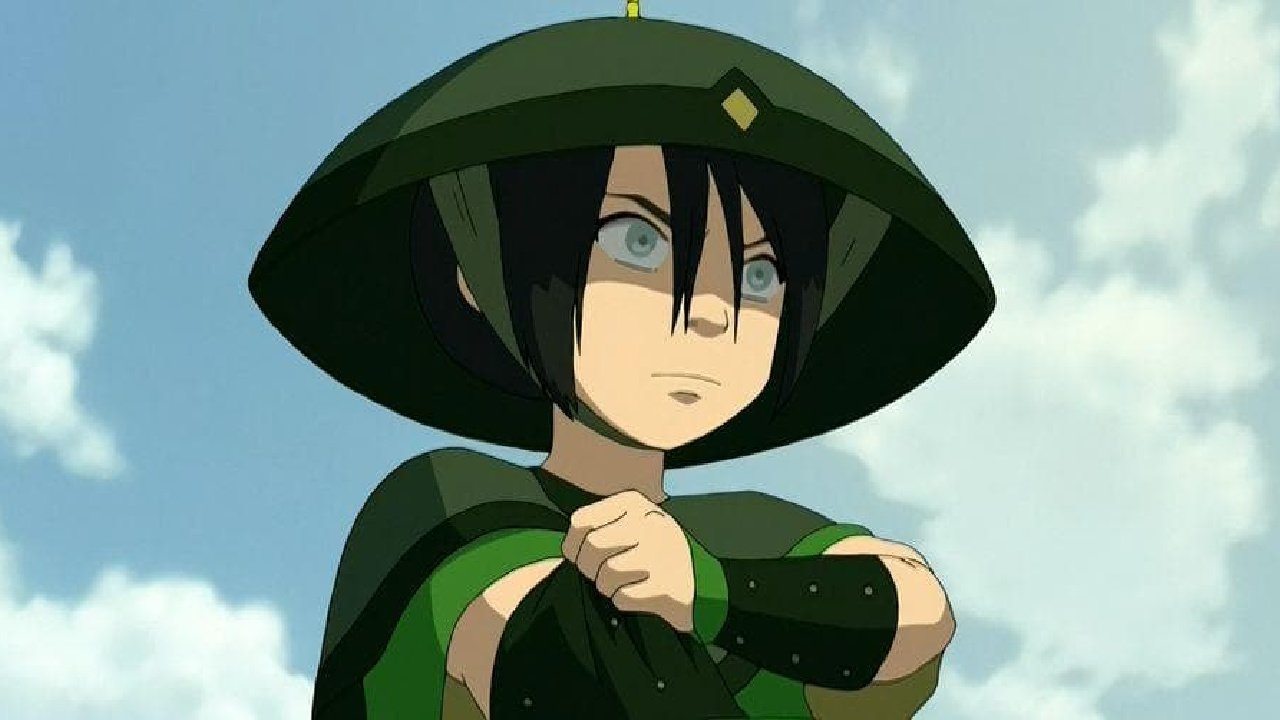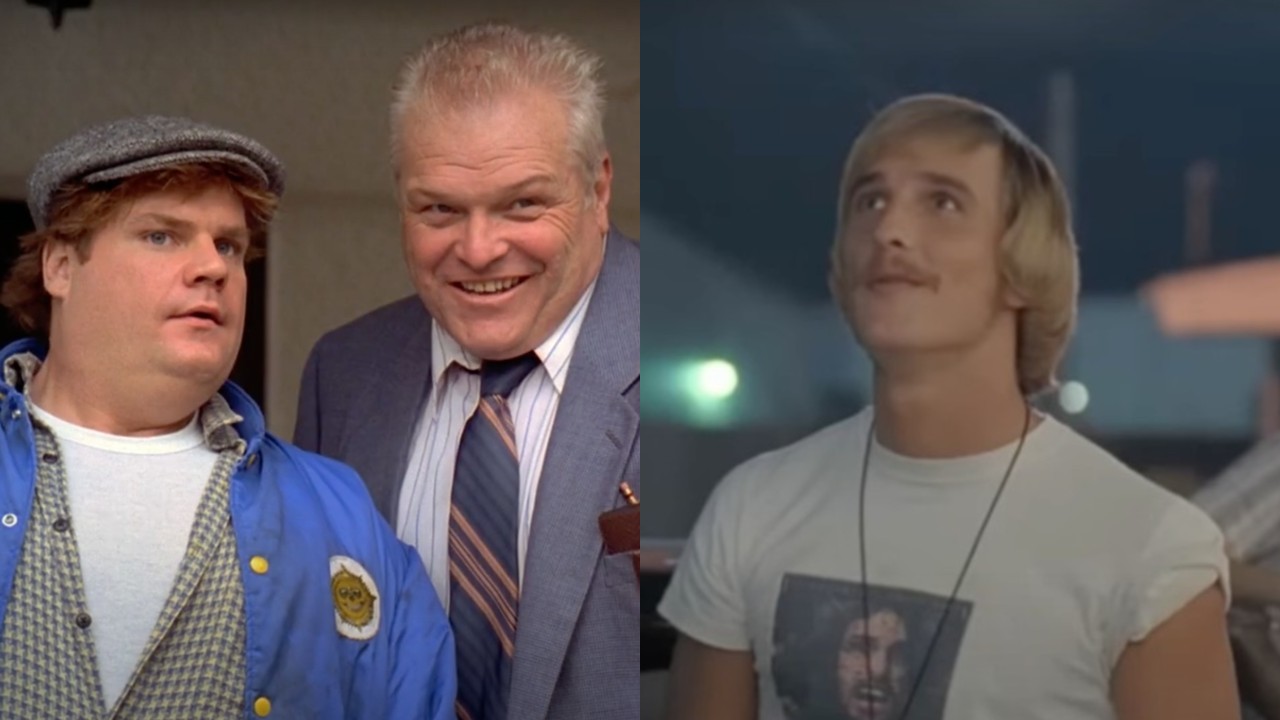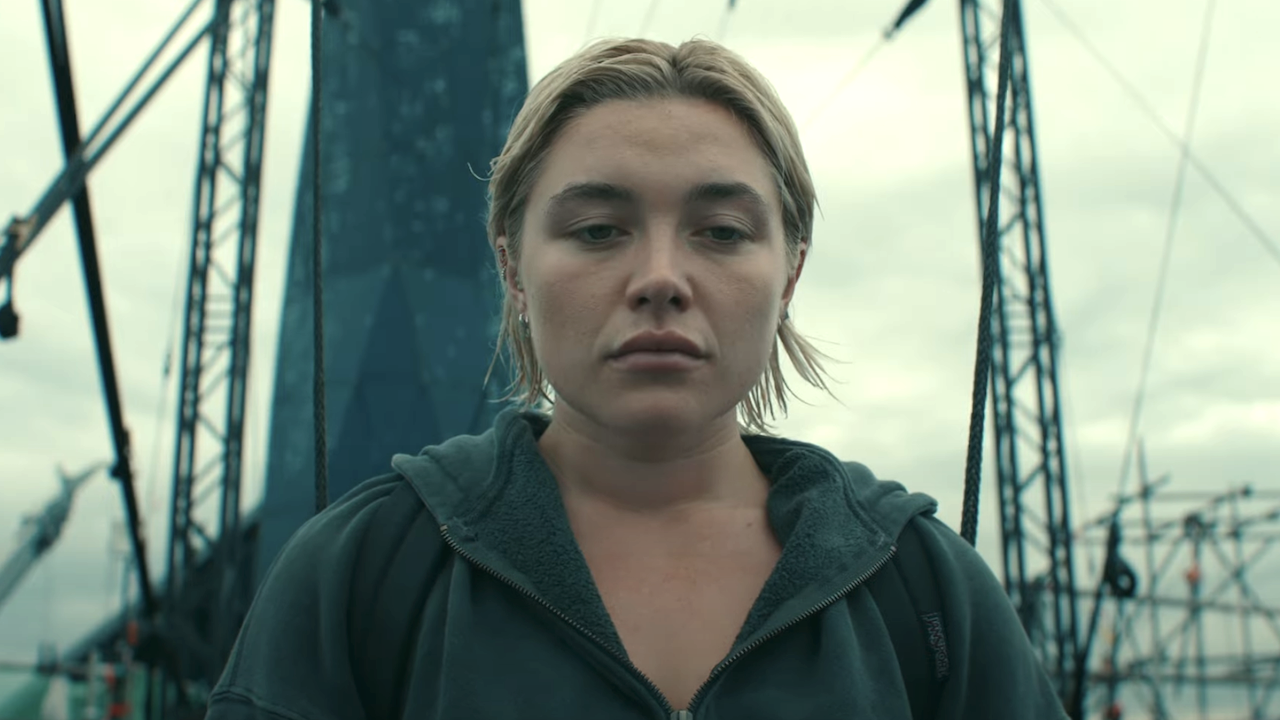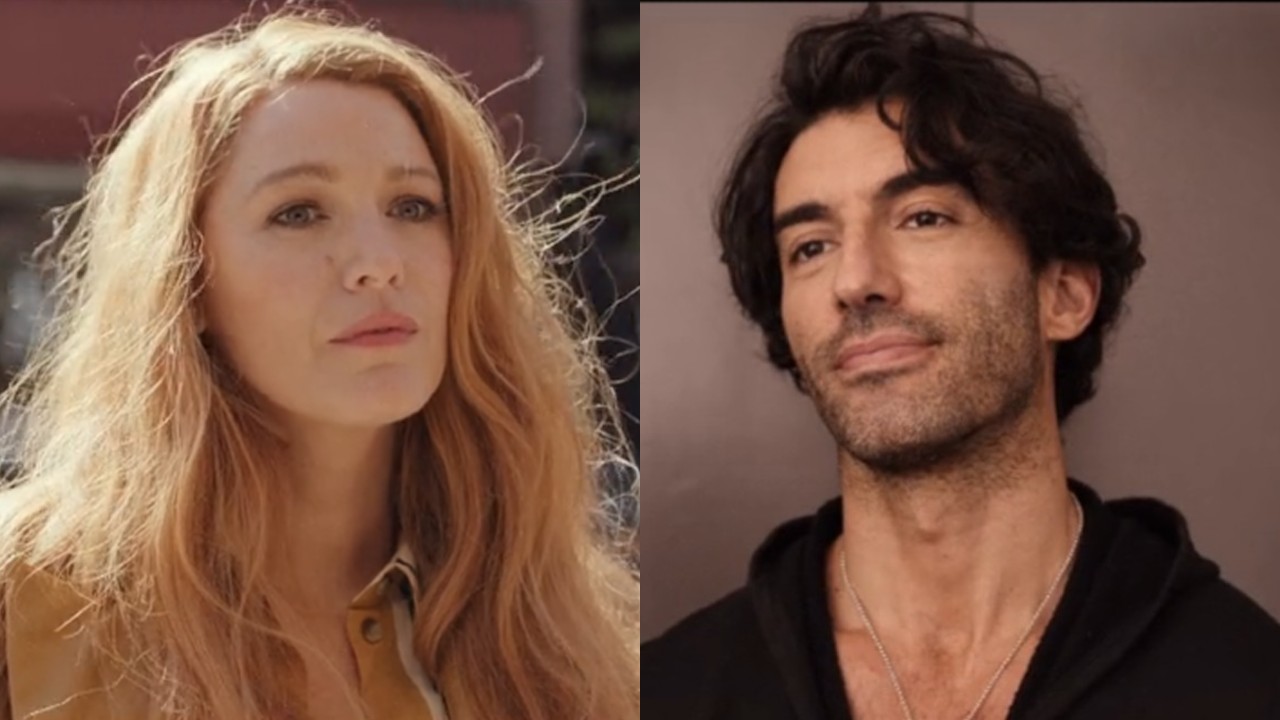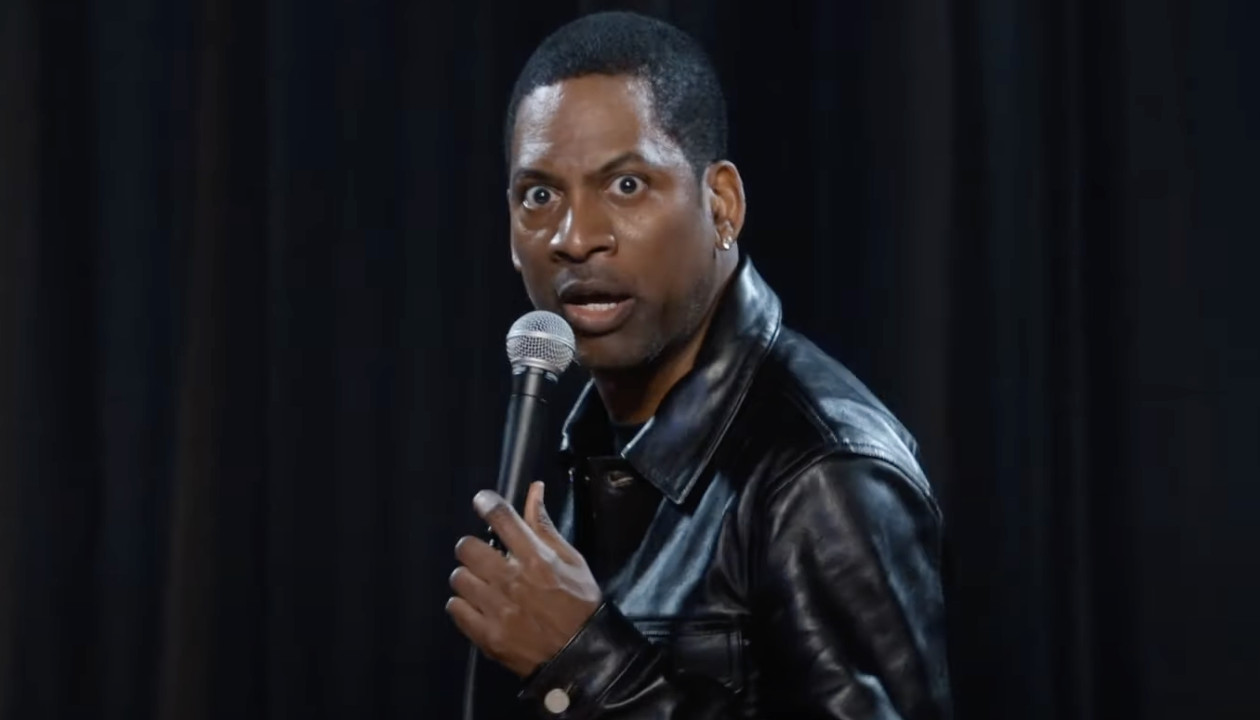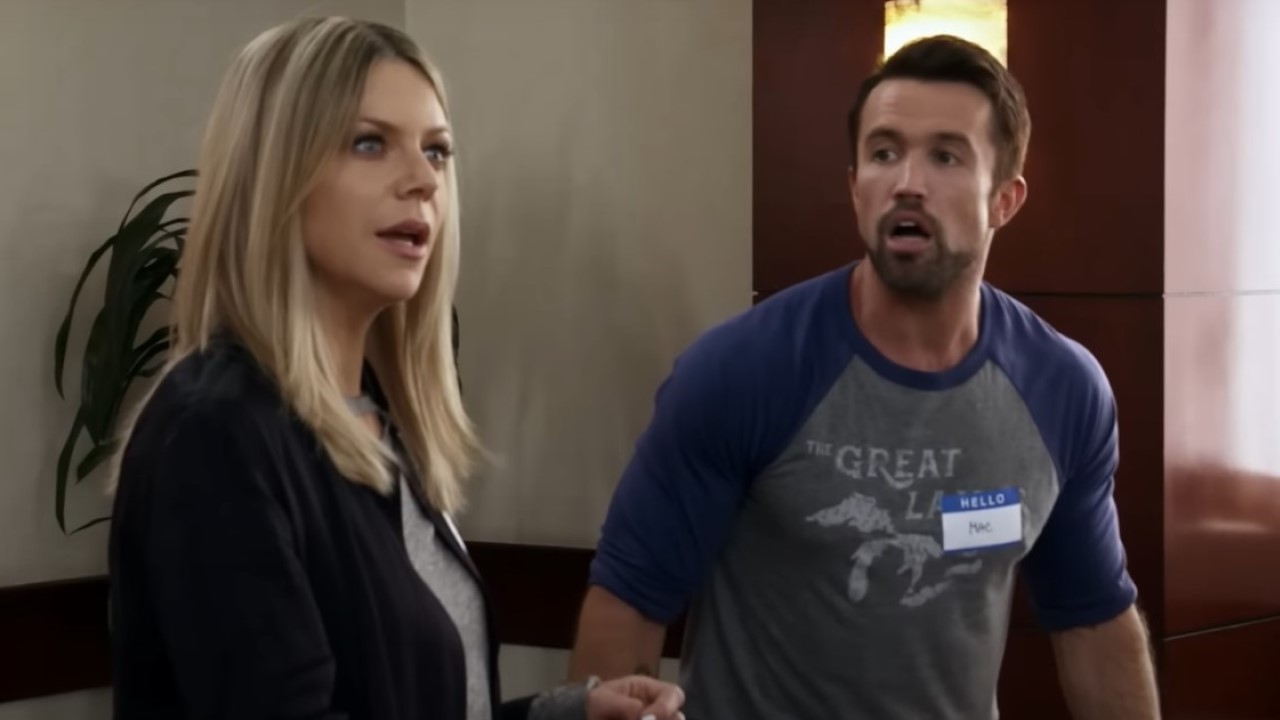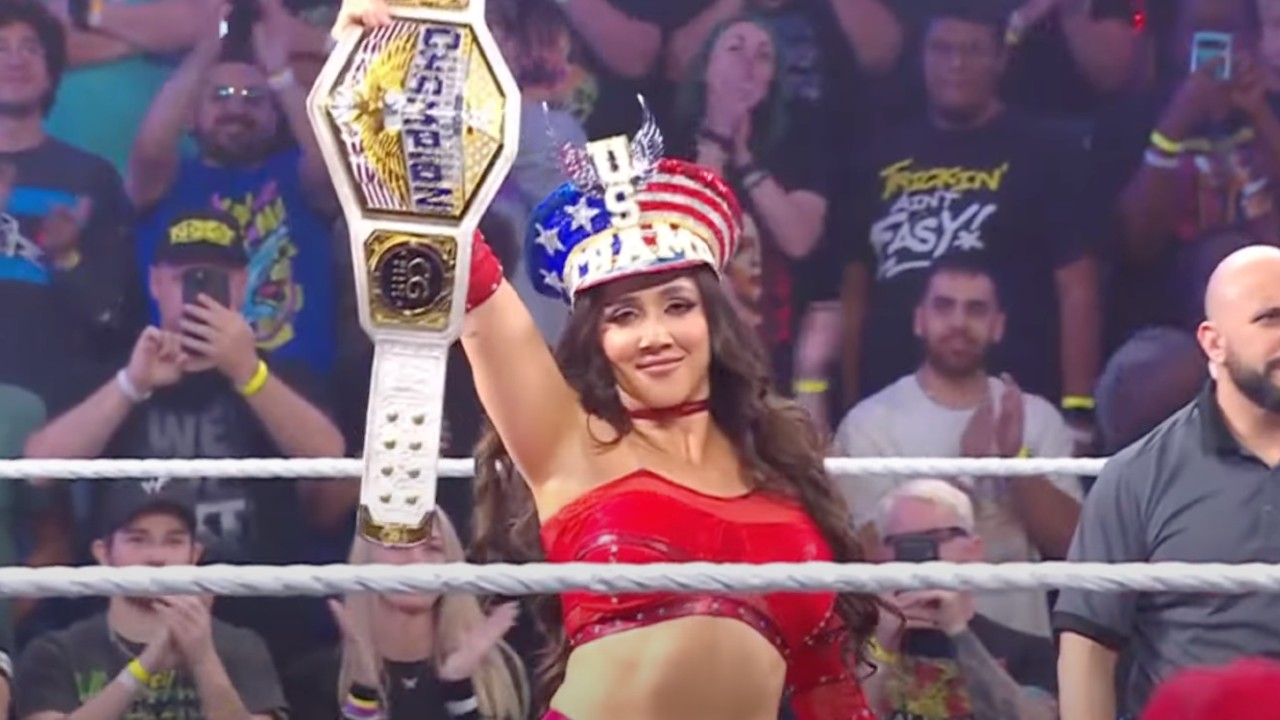The Handmaid's Tale Review: Hulu's Chilling Dystopian Drama Is One Of 2017's Best New Series
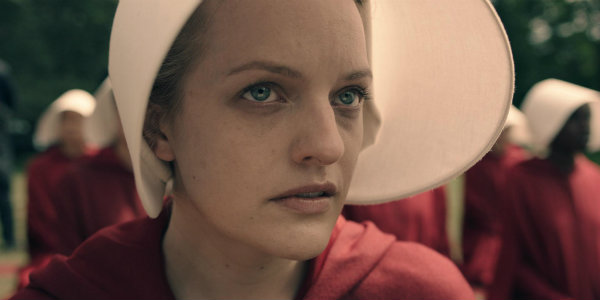
Nobody consciously gives up his or her freedom, since that's simply not how it works. Oppressive regimes have historically come into power by slowly wearing down citizens and strategically disenfranchising specific groups of individuals, creating a new life standard that people don't question. In that regard, the modern Bruce Miller-adapted retelling of Margaret Atwood's The Handmaid's Tale forces viewers to confront a terrifying worst case scenario fate for the United States, and it does a fantastic job of combining dystopian fantasy with a realistic sense of dread for the future. It's simultaneously a timeless story of resistance in the face of totalitarian rule, as well as a commentary on the politics of our time. More than all of that, however, it's simply a damn fine piece of television.
America as we know it has fallen, following an attack that leaves much of the United States' government dead. Faced with a fertility crisis that sees birth rates plummet, a radical right-wing Christian fundamentalist group seizes control of the country and establishes the oppressive government of Gilead in its place. That brings us to Offred (Elizabeth Moss), a young woman forced to serve as a "Handmaid" and carry the child of a high-ranking Gilead military officer whose wife cannot bear children. In its first few chilling episodes, The Handmaid's Tale isn't a story about a woman rising to lead a resistance, or anything quite so grand. Instead, it's an intimate tale of strength and unending resolve in the face of overwhelming systemic oppression. By at least initially centering on one woman coping with her circumstances, the series makes the events quite relatable.
The wide-stretching cast of The Handmaid's Tale's is uniformly excellent, with near-perfect performances from actors like Joseph Fiennes, Alexis Bledel, and Yvonne Strahovski. But this series belongs to Elizabeth Moss. In the flashback sequences and the central narrative, Moss expertly plays Offred as two very different characters. The version of the series' heroine that we see in the flashbacks is a sympathetic and grounding presence -- a reminder of the world in which we currently live. However, the oppressed Offred of the present-day showcases how far down the rabbit hole we can go if we don't keep a close eye on injustice in our society. We don't always see TV actors find more than one truly iconic character in a career, but if Moss embodied the 20th century through her role as Peggy Olson on Mad Men, then Offred is her equally remarkable counterpart for the 21st century.
To talk about The Handmaid's Tale without addressing its political undertones would be a massive disservice to the series as a whole. Although Margaret Atwood's source material is over three decades old, its themes are ever-relevant, and the show takes ample visual and thematic inspiration from recent headlines -- particularly during the show's flashback sequences. Hulu's new drama presents us with a hauntingly plausible depiction of America in which the public gradually cedes power to a new government, and bigotry that was previously harbored in private is allowed to become an institutionalized rule. What viewers are to infer is quiet clear: all it would take for such a dystopia to happen is a public health crisis and a Reichstag fire-esque tragedy, and then people would gladly hand over their freedom.
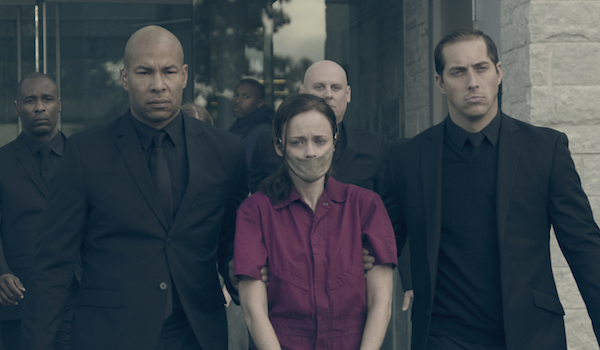
The Handmaid's Tale expertly straddles the line between fiction and reality in a way that only the best dystopian tales have managed to accomplish over the years. This depiction of the not-too-distant United States often feels like it has more in common with grounded apocalyptic masterpieces like The Road and Children of Men than more outlandish and complex universes created by something like The Hunger Games franchise. Much of this has to do with the excellent development of atmosphere and tone, which is particularly well-realized through the show's muted color palette and eerie orchestral score. While it's not a horror story in the traditional sense, The Handmaid's Tale is easily one of the scariest shows in recent memory.
Particularly in terms of atmosphere, one steadily impressive aspect of The Handmaid's Tale (in the early episodes provided to press) was the constant sense of paranoia that permeates anything and everything. The Handmaid's Tale hammers home the idea that the government of Gilead has eyes everywhere, and that Offred must never let her guard down, even when alone. Such an expertly discomforting ambiance consistently gives Offred the feeling that she's on the verge of suffocating, and the show's implementation of voiceover narration (which is typically a trite storytelling device) works quite well to help convey the idea that the "real" Offred is always lurking rebelliously beneath the surface.
Of course, despite our lush praise, there are a few distinct aspects of The Handmaid's Tale that don't work perfectly. Some pacing issues undoubtedly plague the first few episodes of the series. Beyond that, it has trouble figuring out exactly how much narrative real estate to allocate to its side characters. Considering Margaret Atwood's novel was told specifically from the point of view of its main character, Offred is beautifully established by the story, but that overabundant attention to the protagonist can occasionally shortchange the other characters that she lives with. These issues aren't enough to detriment the entire viewing experience, and it's possible the arcs could allow for more outside influence, but it becomes apparent early on that this freshman series could use some tightening up in a few key places.
CINEMABLEND NEWSLETTER
Your Daily Blend of Entertainment News
All in all, though, The Handmaid's Tale is just only one of the best dystopian fictions in recent memory -- it is one of 2017's best and most chilling new dramas. The story remains as poignant as it was when Margaret Atwood's original novel hit shelves in 1985, and the modern retelling of that classic tale should be considered required viewing. Don't waste all your time coming up with new beatitudes, because this Tale is definitely worth your time.
The Handmaid's Tale will premiere on Wednesday, April 26 at 12:01 a.m. PST on Hulu. To see when everything else is hitting the small screen in the near future, head to our summer TV guide.
Originally from Connecticut, Conner grew up in San Diego and graduated from Chapman University in 2014. He now lives in Los Angeles working in and around the entertainment industry and can mostly be found binging horror movies and chugging coffee.

